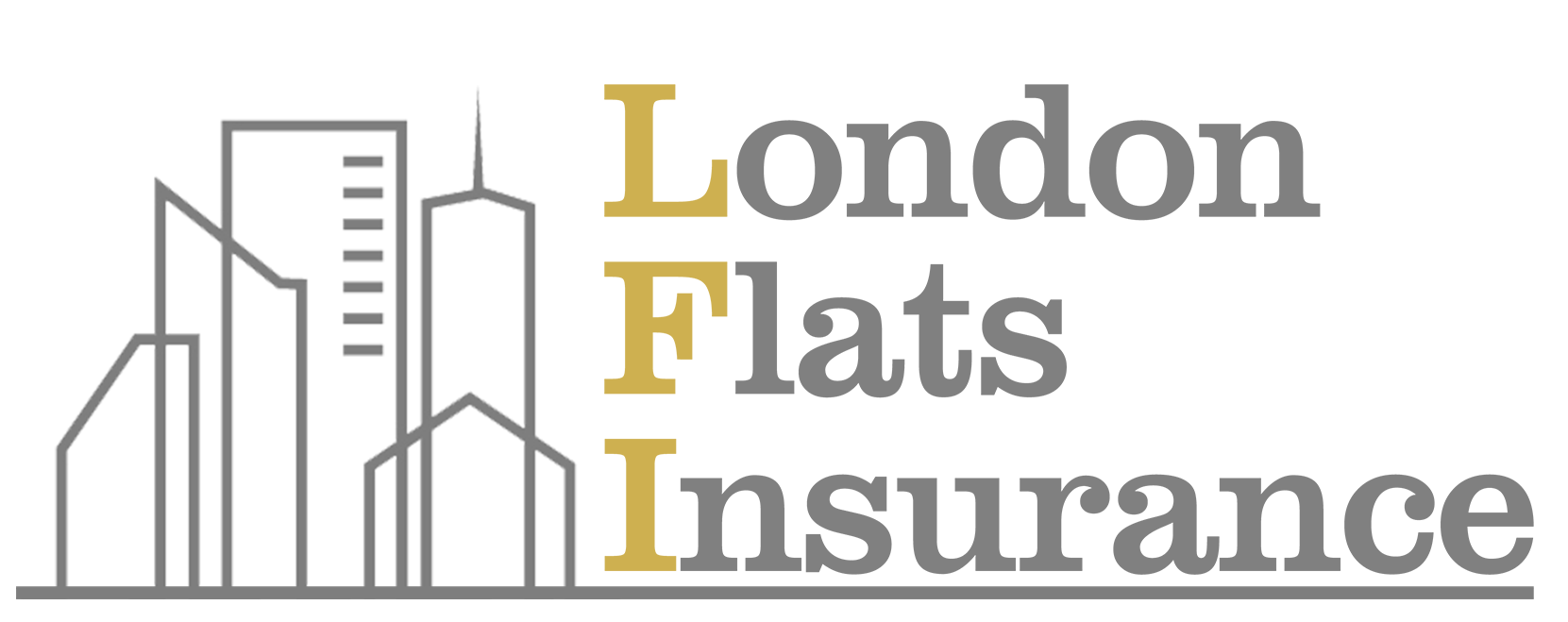What does buildings insurance normally cover?
Belinda Thorpe, Managing Director of Residentsline, tells us what we need to know.
Did you know the average claim for a burst pipe is around £25,000?
Buildings Insurance covers the cost of repairing or rebuilding your flat or apartment and communal areas if they are damaged.
Policies vary from one insurer to another in exactly what circumstances you are protect ed against. However, a standard insurance policy will cover you if your apartment is damaged by things such as fire, storm damage, earthquake, flood, escape of water or oil, falling trees and branches, riot & civil commotion, malicious damage, subsidence, landslip and all other accidental damage not specifically excluded in your policy wording. These are to name but a few of the incidents; however, every policy is different, so it is important to read your policy documents carefully so that you understand exactly what cover you have.
As well as the property itself, this cover will usually apply to:
- Outbuildings, garages, sheds, swimming pools and tennis courts used by residents for domestic and leisure purposes.
- Garden walls, patios, pavements, terraces, hedges, fences, gates, paths, drives, roads, car parks, bollards, lamp posts, cess pits, septic tanks, underground pipes and cables.
- Interior decorations, kitchen and bathroom fixtures, outside aerials/dishes, C.C.T.V. and light fittings and landlords’ fixtures, fittings and tenants’ improvements
- Any common parts to the insured property, including furniture, furnishings and other property of the Insured or for which the Insured is responsible
Again, it is crucial that you check your policy documentation so that you are fully aware of the details of the cover you are obtaining.
What your buildings insurance will not normally cover
Insurance is provided to cover sudden and unforeseen incidents, not for general wear and tear and/or gradual deterioration. Each policy will have its own exclusions (things you won’t be able to claim for).
Exclusions vary from one policy to the next so make sure you read the policy carefully.
Quite clearly, a leak or drip, or something “not sudden” would not be covered, specifically a leak caused by deterioration over time.
In a nutshell, if you have a burst pipe with resultant damage, your insurer should pay for restoring and replacing any “resulting” or “consequential” damaged areas- for example, re-tiling. These areas could include damaged ceilings and some flooring. Generally, whatever would remain in your apartment if you picked it up and turned it upside down is covered by your buildings insurance…apart from your carpets as, if you sold your apartment you could take them with you. Hard floorings for example, wooden floors, laminate flooring and LVT (luxury vinyl tiles) would be covered.
In addition, bathroom, bedroom and anything that would normally remain in your apartment at the point of sale would also form part of your fixtures. For example fitted wardrobes would be covered however ovens and washing machines would not.
A pipe that has deteriorated over time, resulting in a slow leak and damp cannot give rise to a valid insurance claim, even if the leak or damp results in damage. This is because the loss is caused by deterioration, and there is no sudden water damage. As you would have had an opportunity to repair, replace or renew in this instance, it would be unfair to expect Insurers to pay for repairs if you don’t take action.
But what happens if a pipe has deteriorated slowly over time and then collapses, causing a sudden flow or pool of water? Your insurance will only pay for the consequential water damage, for example: repairing the ceiling in the flat below if the ceiling was damaged by the rush of water. The location of the leak, the repair of the pipe and the replacement of the tiles will be the owner’s responsibility however, if the pipe is in the common property, it will be for the body corporate’s account.
Common water damage that is regarded as a maintenance issue, not an insurance matter, includes leaking or dripping bath taps, failure of waterproofing in showers, roots growing into waste pipes and causing damage over time, sealing that needs to be replaced, rising damp and roofing that needs to be repaired.
Other things excluded by most insurance policies include:-
- Some pests (for example, insects and birds)
- Frost (unless it causes damage from a burst pipe)
For more information, please call a member of the team on 020 7993 3034.
